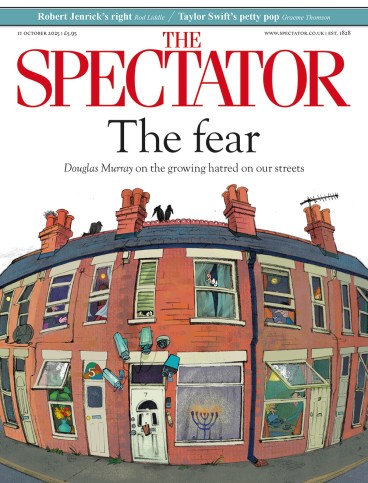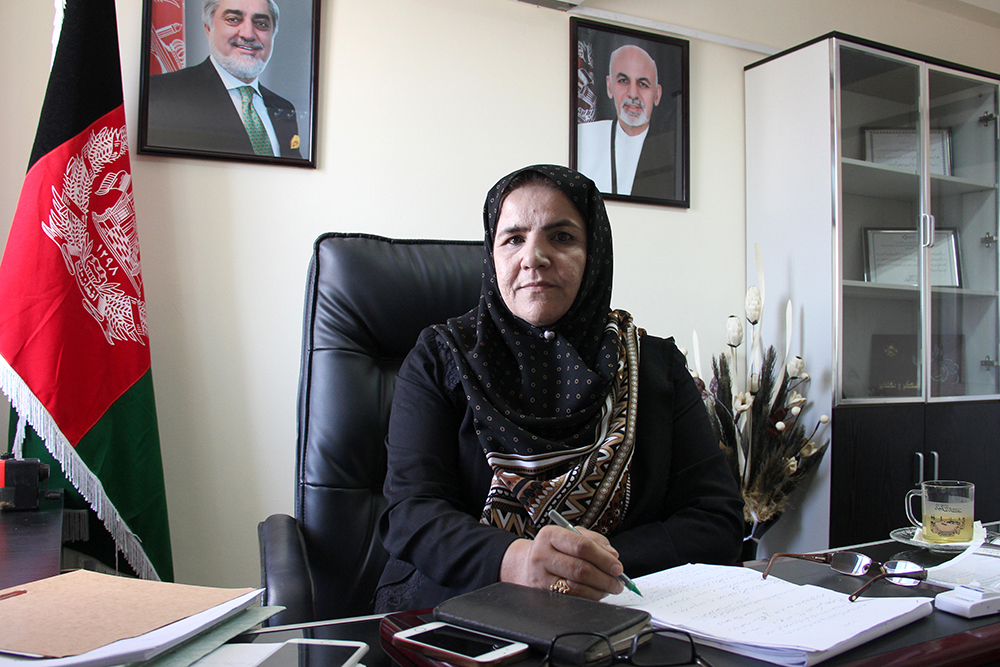
Quiz. Which country had a successful court named the Court for the Elimination of Violence against Women, where women could seek redress for any perceived wrong? Was it the United Kingdom, this ancient democracy that operates according to the rule of law? Or Afghanistan, where we assume women have always had to wear hideous burqas, cannot work, go to school, play music or laugh out loud?
It was Afghanistan between the two Taliban regimes (2001-21), when women could be employed and laugh and study, and when Afghanistan had a network of nearly 300 female judges, many of them sitting in that wonderfully named court and doing their best to make women’s lives a little better. Our law-abiding country has no such court – but it should, given that rape prosecution rates are so low it is now essentially an unpunished crime.
Karen Bartlett’s The Escape from Kabul is the story of many of those judges. Some are still in Afghanistan, living in fear and danger, trying to survive under an illegal regime which, when the Taliban returned to power in 2021, immediately threatened to behead them. (This is the same Taliban that was thanked by the US commander General Kenneth McKenzie for being ‘actually very helpful… as we closed down operations’.)
When 33-year old Mahtab Fazl, a former prosecutor and judge in the Court for the Elimination of Violence Against Women in Herat, managed to hide, the Taliban ransacked her house. Then they went to a garden she owned and shot her dog. The eminent judge Qadria Yasini was shot dead on her way to work in January 2021.
The women judges are all ages – some of them were even on the bench in their twenties. Their counterparts in the UK judiciary have to deal with the patriarchy – but everything is relative. When the Taliban freed all prisoners, one woman judge found a murderer she had condemned turning up on her doorstep to demand her seven-year-old granddaughter to compensate him for the child he had raped and murdered. He took his case to the Taliban’s Ministry of Vice and won.
The women in this book were valuable and amazing in many ways. When Nafisa Kabuli visited Vermont on a home-stay in 2004 she realised that maybe it wasn’t so good for women and girls when, if one family sought redress from another for a murder or serious crime, the guilty family was required to give them a girl child, who was then treated like a slave. ‘So one of the first things I did when I returned was to dismantle this culture and law.’
When the Taliban returned to power in 2021 they immediately threatened to behead all women judges
In this account neither the US nor the UK are heroes. They did not assist the judges to escape. Instead, a network of amateurs, mostly linked to the International Association of Women Judges (IAWJ), stepped in. People such as Anna Kruszewska, an intellectual property lawyer in Warsaw, became Oskar Schindlers for the Afghans. They worked to secure visas or travel passes or flights or anything that would help, using contacts and favours and bullheaded determination. Kruszewska had no government connections, but she still managed to get dozens of women judges and their families on to a Polish flight out of Mazar-i-Sharif.
The judges were sent instructions: destroy every shred of evidence of your job. This was appalling for women who had spent their lives building a precious career. Nafisa threw all her documentation and pictures in the river. Bartlett writes:
Nafisa’s translator interrupts and says there should be a poem about what the river carries on the night of a coup d’état, because everybody throws everything that they have in the river, and the river takes all the documents, and the water wipes away the ink.

A story about the experience of trying to get out of Afghanistan in those horrible days in 2021, the airport chaos in which people spent days with no food or water, standing in sewage, being subjected to artillery fire – this would have been powerful enough, and is indeed covered compellingly. But the book also has context and history. These women are not faceless refugees. Bartlett carefully builds pictures of their lives to convey just what you lose, even when you have gained safety.
Forty women judges are still trapped in Afghanistan. Nevertheless, Anisa Rasooli, a veteran judge now living in New England, is hopeful: ‘I want to say that despite all the problems, I believe that the future will be good. But please don’t leave the women of Afghanistan alone. Help them rise up.’







Comments